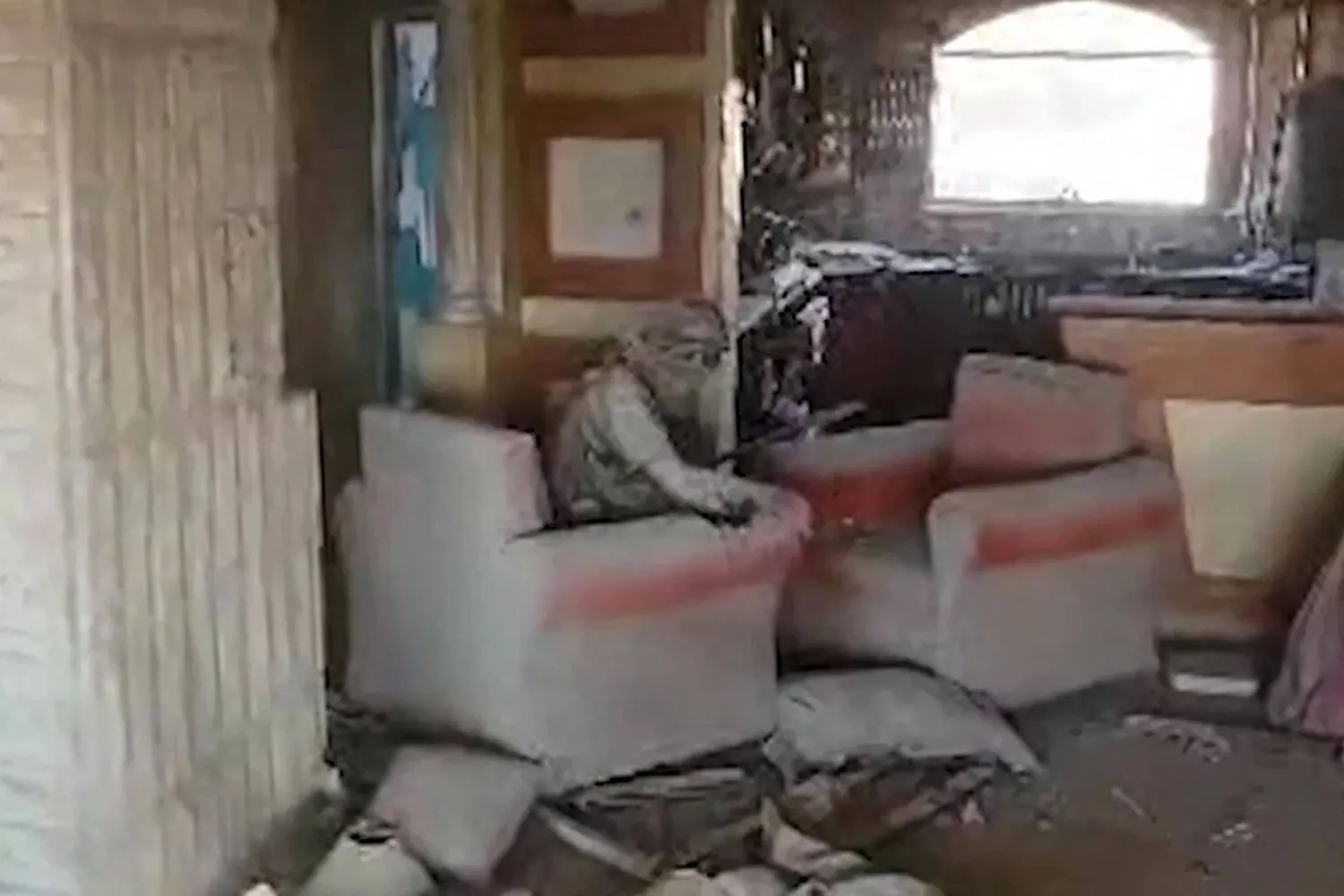Hamas leader Yahya Sinwar was tracked by an Israeli mini drone as he lay dying in the ruins of a building in southern Gaza and filmed him slumped in a chair covered in dust, according to video released by Israeli authorities on Thursday.
As the drone hovered nearby, the video showed him throwing a stick at it, Reuters reported.
After an intensive manhunt that had lasted for more than a year, the Israeli troops that killed Sinwar were initially unaware that they had caught their country's number one enemy after a gun battle on Wednesday, Israeli officials said.
Intelligence services had been gradually restricting the area where he could operate, the military said on Thursday, after dental records, fingerprints and DNA testing provided final confirmation of Sinwar's death.
But unlike other militant leaders tracked down and killed by Israel, including Hamas military commander Mohammed Deif who was killed in an Israeli airstrike on July 13, the operation which finally killed Sinwar was not a planned and targeted strike, or an operation carried out by elite commandos.
Instead, officials said he was found by infantry soldiers from the Bislach Brigade, a unit that normally trains future unit commanders. The soldiers were searching an area in the Tal El Sultan area of southern Gaza on Wednesday, where they believed senior members of Hamas were located.
The troops saw three suspected militants moving between buildings and opened fire, leading to a gunfight during which Sinwar escaped into a ruined building.
According to accounts in Israeli media, tank shells and a missile were also fired at the building.
On Thursday, the military released footage from a mini drone that it said showed Sinwar, badly wounded in the hand, sitting on a chair, his face covered in a scarf. The film shows him attempting to throw a stick at the drone, in a futile effort to knock it down.
At this stage, Israeli military spokesperson Rear Admiral Daniel Hagari said, Sinwar was only identified as a fighter, but troops entered and found him with a weapon, a flak jacket and 40,000 shekels ($10,731.63).
"He tried to escape and our forces eliminated him," he told reporters in a televised briefing.









